Ecotourism Routes of Turkey: Hit the Road for Nature
Turkey, with its unique geographical location at the intersection of three different climate zones, attracts attention not only with its historical and cultural richness but also with its unique natural beauties. The sustainable utilisation of these natural riches is made possible by the understanding of ecotourism, which has become widespread in recent years. Ecotourism is a form of tourism that respects nature, has a high environmental awareness and contributes to the development of local people. Ecotourism routes in Turkey offer a wide range from nature walks to bird watching, from organic farms to sustainable village life experiences. So, where are the ecotourism routes in Turkey? Let's explore together 👇
What is Ecotourism and Why is it Important?
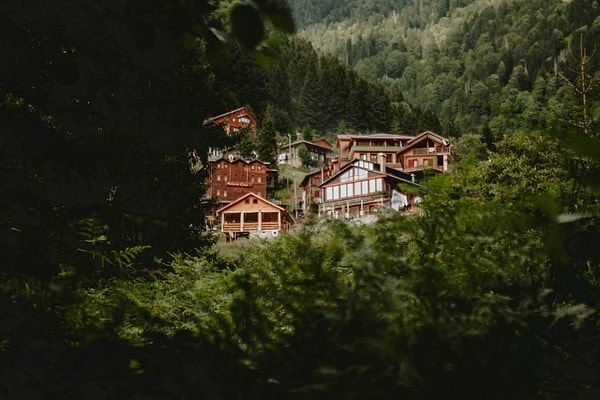
Ecotourism is a travel style that not only consists of spending time in nature; it is a travel style that protects the ecosystem, supports the life of local people, preserves cultural heritage and adopts travelling with a low carbon footprint. Thanks to increasing environmental awareness and rural development policies in Turkey, especially in the last 10 years, infrastructures for ecotourism have been strengthened, new routes have been identified and sustainable tourism-oriented projects have been implemented.
By 2025, more than 130 routes have been identified in line with the ecotourism action plan supported by the General Directorate of Forestry, and this number is expected to increase to 200 by 2028. These developments reveal that Turkey has a serious potential for ecotourism.
The Most Important Ecotourism Routes Waiting to be Discovered in Turkey 👇
1. Mount Ida - Balıkesir / Çanakkale
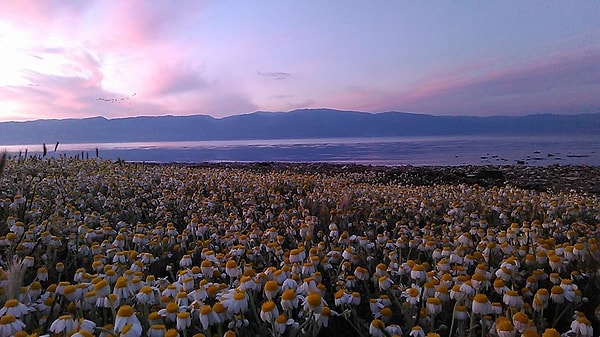
Mount Ida is one of the richest sources of oxygen in Anatolia. This region, where endemic plant species and rich wildlife are found, is also home to mythological legends. In terms of ecotourism, the region:
Organic farming farms
Nature hiking trails (e.g. Sarıkız Hill hike)
Waterfall explorations (such as Hasanboğuldu, Sutüven)
There are accommodation alternatives (eco-villages, stone house pensions) that integrate with the local community.
The Ida Mountains are also a favourite destination for those seeking natural therapy, meditation groups and volunteer projects working on sustainable living.
2. Yenice Forests - Karabük

Yenice Forests are among the most valuable natural areas of Europe in terms of biodiversity. This region, which is protected by UNESCO, is especially:
Mountain biking trails
Bird observation points
Natural ponds and waterfalls
It attracts attention with ethnobotanical plant tours.
'Ecotourism Hiking Trails in the Forest' in Yenice exceeds 210 km in total. Detailed maps, direction signs and information boards are available for walkers.
Source: Kamptrek
3. Oylat Ecotourism Route - Bursa
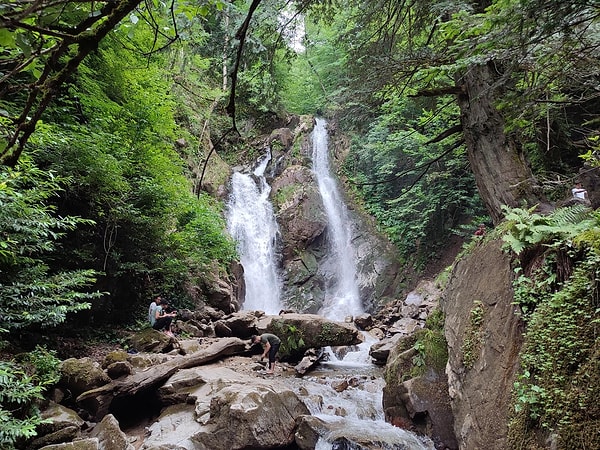
Oylat is known not only for its thermal springs but also for its deep valleys, waterfalls and rich vegetation. The building blocks of ecotourism in the region are
Combination of thermal tourism and trekking
Discovery of Oylat Cave full of legends
Local product markets (village bread, chestnut, organic honey, etc.)
Day camping areas and wooden walking platforms
Source: Wikiloc
4. Koycegiz - Mugla
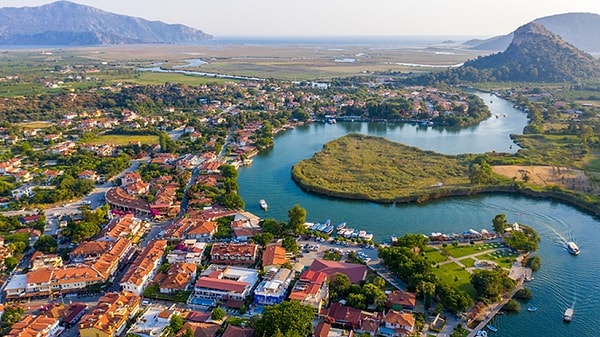
Koycegiz is one of the regions that best establishes the balance between ecotourism and natural protection. Especially around Yuvarlakçay and Gökçeova Pond is a centre of attraction for nature lovers. Highlights in Koycegiz:
Rafting and canoeing
Acquaintance with nomadic culture
Walking paths around natural spring water
Cultural interaction with local women's co-operatives
Source: Villacım
5. Butterfly Valley - Fethiye
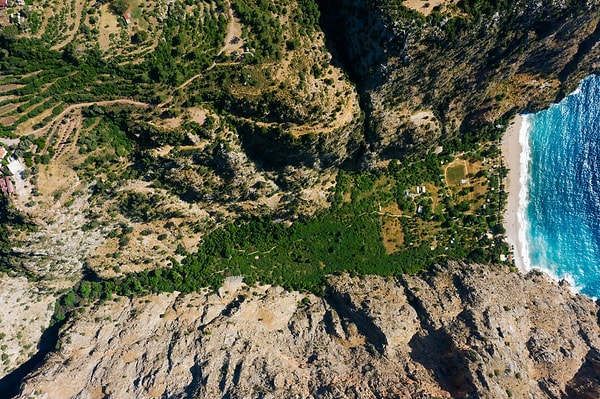
Butterfly Valley, one of the most special valleys not only in Turkey but also in Europe, is home to more than 100 butterfly species. It is completely protected and motorised vehicle entry is prohibited. As well as natural beauties:
Possibility of camping
Yoga and meditation camps
There are organic cafes and handicraft markets
Since the valley is only accessible by sea, it has preserved its naturalness.
6. Köprülü Canyon - Antalya
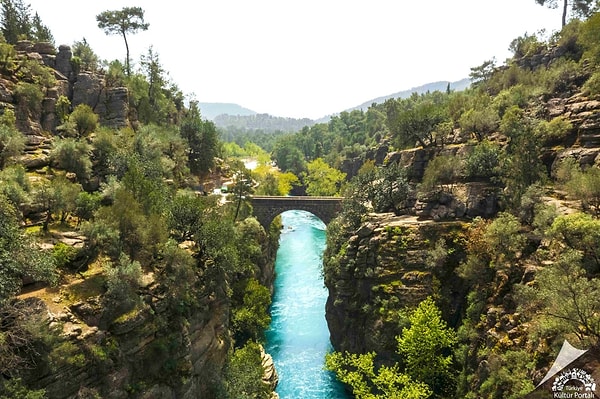
Although Köprülü Canyon in Manavgat district of Antalya is identified with rafting, it is also rich in hiking, canyoning, bird watching and nature photography. In the villages close to the canyon, there are hostels, local product sales points and nature-friendly restaurants that support ecotourism.
Source: Türkiye Kültür Portalı
7. Küre Mountains National Park - Kastamonu & Bartın
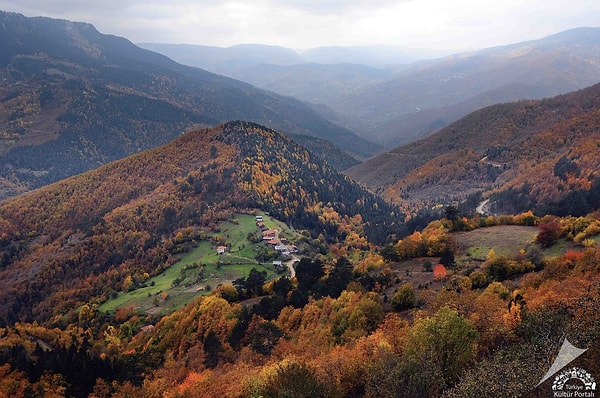
This region is Turkey's first Pan Park (European Wildlife Conservation Network) member. Among the ecotourism opportunities offered by the Küre Mountains:
Long walking routes (Valla Canyon, Horma Canyon)
Botanical trails where endemic plant species can be observed
Eco-village visits
There are opportunities to get to know the local culture.
Source: Türkiye Kültür Portalı
Sustainable Ecotourism Areas and State Support in Turkey
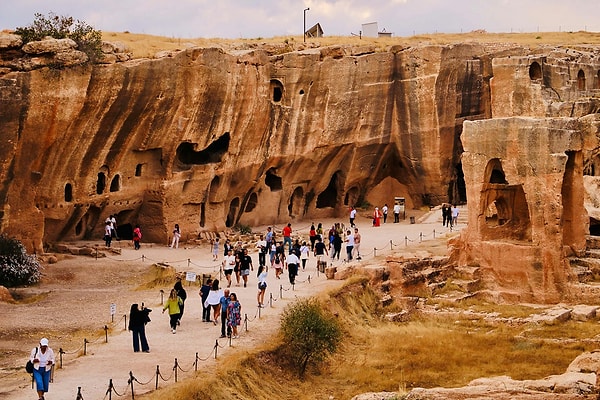
Another important factor supporting the development of ecotourism in Turkey is state-supported infrastructure projects. Among the official routes determined by the General Directorate of Forestry:
Camliyayla Bastepe - Mersin
Ancient Dara Ruins - Mardin
Suuçtu Waterfall - Bursa
Hidirnebi Plateau - Trabzon
Yalova Thermal Hot Springs
There are areas such as. In these areas, there are viewing terraces built with natural materials, wooden walkways, information boards and environmentally friendly guidance systems. At the same time, with these projects, income opportunities have been created for local people in areas such as nature guiding, pension management and organic product sales.
Roadmap for Ecotourism Planning in Turkey
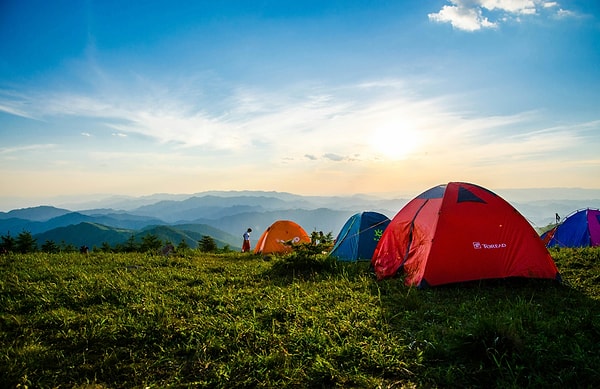
When planning an ecotourism route, the following elements must be taken into consideration:
1. Transport:
Many plateaus and natural protected areas are not accessible by private car. Alternative transport methods (minibus, minibus, 4x4 rental) should be investigated.
2. Accommodation:
Apart from camping sites, staying in hostels, farmhouses or eco-villages run by local people allows you to get to know the texture of the region more closely.
3. Season:
Summer months are ideal for high-altitude plateaus. Spring and autumn are unique times for nature observation. In winter, most of the routes may be closed to transportation.
4. Code of behaviour:
Protecting nature is the most basic principle of ecotourism. Not leaving rubbish, not making noise, not interfering with wildlife and being careful when lighting a fire are indispensable for this process.
5. Local experiences:
Ecological farms such as Narköy (Kandıra) and Belentepe Farm (Bursa) offer training and volunteering programmes. Such places promise not just a holiday but a transformative experience.
Keşfet ile ziyaret ettiğin tüm kategorileri tek akışta gör!

Send Comment